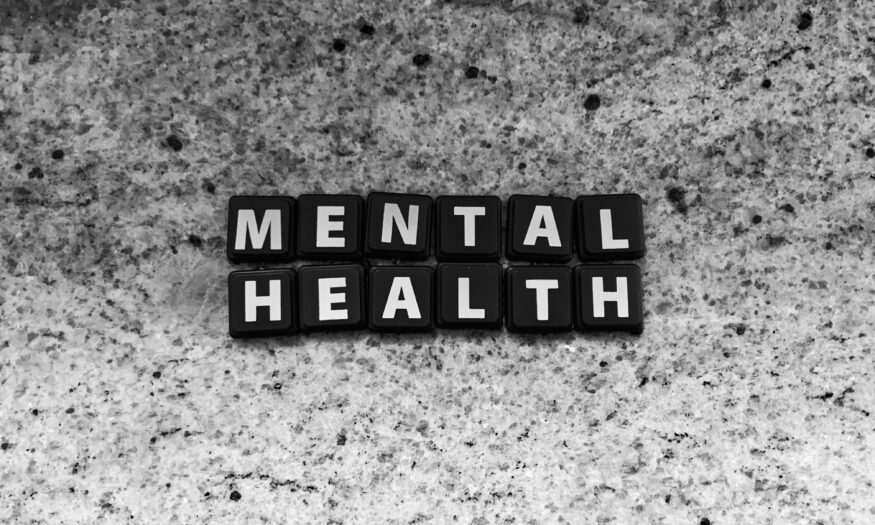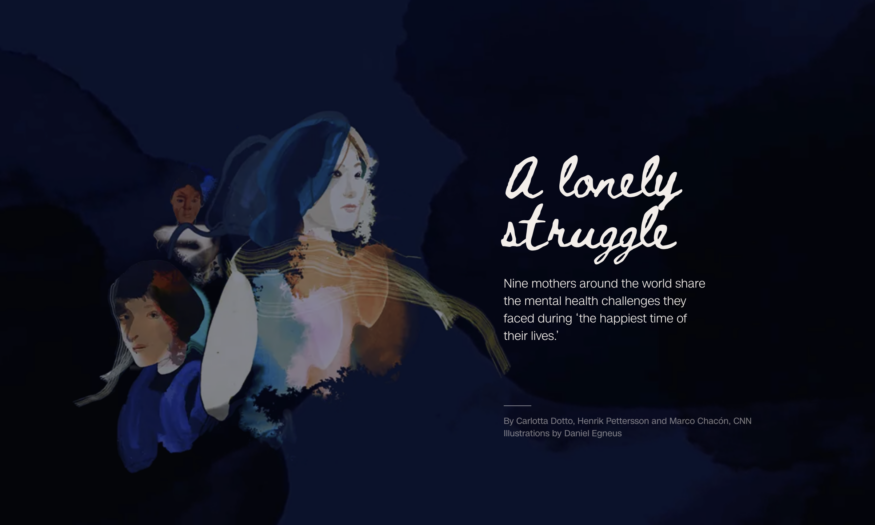Mental Health
Mental health is just as important as physical health to our lived experience. Women, girls, and gender-expansive people have higher rates of some mental health challenges—depression, anxiety, eating problems—and lower rates of others. Female bodies respond differently to medication than male bodies. We are also treated differently by the medical and mental health professions.
Psychiatry and related professions have deep histories of racism...
Mental health is just as important as physical health to our lived experience. Women, girls, and gender-expansive people have higher rates of some mental health challenges—depression, anxiety, eating problems—and lower rates of others. Female bodies respond differently to medication than male bodies. We are also treated differently by the medical and mental health professions.
Psychiatry and related professions have deep histories of racism and sexism. Yet feminists have been building alternative approaches and influencing the mental health fields for decades. It can be very challenging to find appropriate help for our mental and emotional suffering in our capitalist health care system. Millions of women, girls, and gender-expansive people have been harmed by the mental health system, while other millions of us, or the same people at different times and places, have found and continue to find help and healing in the mental health system.
Mainstream psychiatry and psychology continue to medicalize our suffering, looking for causes in the individual. A focus on labels, diagnoses, genetics, biology, and “distorted thinking” overlooks how oppressive environments contribute to our painful feelings, thoughts, and behaviors. Such approaches rarely consider factors such as violence in our communities, sexual abuse, harassment, and assault, cultural and media expectations about femininity, and our disproportionate responsibility for children, elders, and families. Mainstream psychiatry and psychology are equally unlikely to acknowledge the intersectional impacts of racism, poverty, homophobia, transphobia, and other forms of oppression. Other mental health fields, such as social work, are much more holistic and humanistic in how they understand human suffering.
But it’s not enough to critique the mental health industry. We need real solutions to help us through life’s stress and suffering, whether caused by oppression or by just being alive and human. Either way, sadness, anger, fear, unwellness, loneliness, and even aggression look very different when placed under an intersectional feminist lens. This lens highlights not only how we suffer as a result of difficult and hostile environments, but also offers tools that help us to survive and thrive.
Knowledge is power. In this section you will find resources for your mental health that are sensitive to the strengths and challenges faced by diverse women, girls, and gender-expansive people today. You will find readings, videos, and stories that will raise important questions, provide opportunities to challenge the status quo, and support your journey.
Ideology & Politics of Mental Health
-
2 items
View allWords matter. They shape how mental health is seen and experienced.
Mental Health Experiences
-
27 items
View allA range of topics including experiences with depression, “schizophrenia,” sexual trauma, eating problems, insomnia, panic attacks, ADHD, and more.
Non-Medical Approaches to Mental Health
-
4 items
View allExpanding "mental health" to include attention to our physical and spiritual states of being can lead to greater wellness and recovery.
Stressors & Cultural Impacts
-
7 items
View allAn intersectional look at multiple cultural factors that create stressors for people from different communities and social identity groups.
Therapies
-
12 items
View allTherapeutic treatments for women, girls, and gender-expansive people may be enhanced with a focus on their specific identities.










